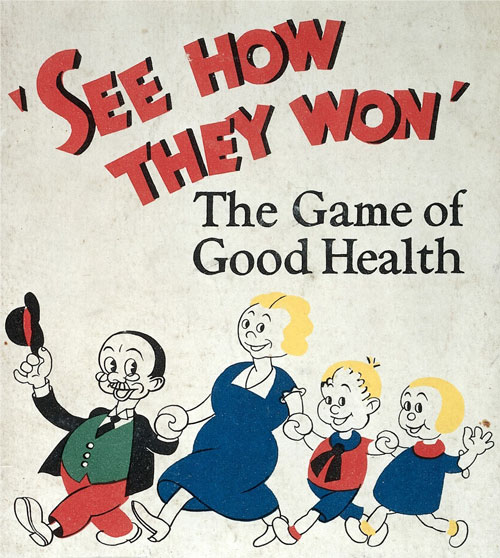Cold War Mentalities
Mental Health, Migration, Cultural Exchange and the Harvard Project on the Soviet Social System
Hannah Proctor
Wellcome Trust Research Fellowship, Ref. 218123/Z/19/Z, £173,333,70, 2019-2022
Social scientific inquiries into the psychic life of Nazis and attempts to ascertain how far-right ideology mentally took root proliferated during and immediately after the Second World War in Britain and America. Attempts were made by a range of psy’ professionals, often in state-funded projects, to understand the typical ‘Nazi mind’. In 1947 J. Edgar Hoover described communism as ‘red fascism’ and theorists of totalitarianism at the beginning of the Cold War insisted that Nazi Germany and the Soviet Union were fundamentally similar, but was a communist mind identical to a Nazi mind?
In the early 1950s, psychologists employing the same methods, techniques and tests as those used to analyse fascists at the same moment sought to define the features of communist mentality. This project poses timely questions about how understandings of mental health influence discussions concerning the relationships between individual psychology and political ideology by focusing on a specific case study: the Harvard Project on the Soviet Social System (HPSSS).
In 1950 a team of social scientists from Harvard University arrived in West Germany to begin a nine-month period of interviews with displaced persons from the Soviet Union in an attempt to comprehend Soviet society ‘from within'. Commissioned by the US Air Force as the Cold War was beginning to take shape as a battle of ideologies, the Harvard Project on the Soviet Social System (HPSSS) officially participated in the US state’s attempt to understand and defeat the communist ‘enemy’. By looking more closely at the materials produced by the project I intend to explore how the in-person encounters the HPSSS enabled encouraged forms of exchange that undercut ras well rather than consolidated a stereotyped image of Cold War animosity.


